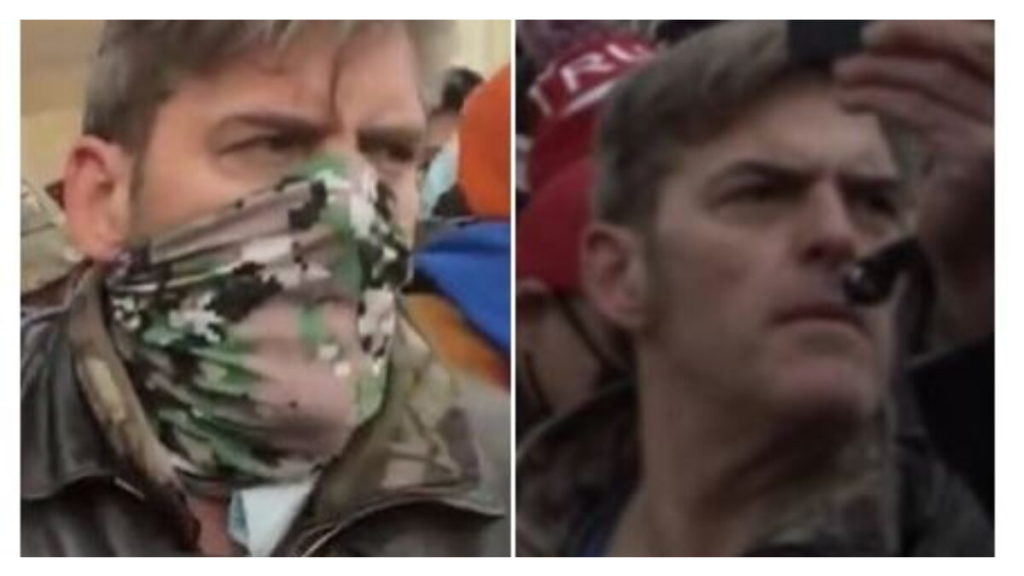Jay Johnston, a well-known Hollywood actor recognized for his roles in popular television shows and films like “Anchorman,” “Bob’s Burgers,” “Mr. Show,” and “Arrested Development,” has been sentenced to 12 months and a day in federal prison due to his involvement in the January 6, 2021, Capitol riots. Federal prosecutors sought a harsher penalty of 18 months, arguing that Johnston played a significant role in obstructing the certification of the 2020 presidential election results. His legal troubles began when he was arrested in June 2023, leading to a guilty plea in July for a felony charge of obstructing officers during a civil disorder.
During the riots, prosecutors highlighted Johnston’s active participation in some of the more violent areas, such as the West Plaza and the tunnel. Reports indicate that he spent nearly four hours in these chaotic zones and engaged in actions like forming a “shield wall” and taking part in a coordinated shove against police officers. His actions reportedly contributed to the severe physical struggles faced by law enforcement, including an incident where Metropolitan Police Officer Daniel Hodges was pinned against a door frame.
Johnston’s lawyer, Stanley Woodward, expressed in a sentencing memorandum that Johnston’s life had drastically changed following the events of January 6, primarily due to the backlash from Hollywood, where he ostensibly faced considerable scorn and was effectively blacklisted. Despite a successful career in acting prior to the incident, Johnston has reportedly worked as a handyman over the last two years, making a stark contrast to his previous profession in film and television. Woodward contended that Johnston’s struggles weren’t merely personal but were rooted in political motivations behind the government’s prosecution.
The narrative surrounding Johnston’s legal challenges contended that he was being targeted for political reasons due to his status as a prominent Hollywood figure. Woodward claimed that federal prosecutors overstated Johnson’s involvement in the riots to make an example of him, seeking to leverage his celebrity against him. The defense argued that the evidence presented did not match the severity of the allegations, suggesting the government was inflating the charges due to his fame. This characterization paints Johnston not just as a participant in the Capitol riots but as a victim of a broader political campaign against those associated with the January 6 protests.
Johnston’s case is part of a larger pattern of prosecutions stemming from the January 6 riots, with over 1,500 individuals reportedly arrested and more than 1,100 convicted to date. The sentences for those convicted vary widely, ranging from mere days to as long as 22 years in prison. Johnston’s situation reflects the complicated legal and personal ramifications that many participants face as the government continues its efforts to hold individuals accountable for their actions during and in relation to the Capitol incursions.
Overall, Johnston’s sentencing brings attention not only to the legal consequences of the January 6 events but also to the potential long-term impacts on personal lives and careers of those involved. As the federal government proceeds with these prosecutions, the intersection of celebrity, politics, and justice in cases like Johnston’s continues to evolve, sparking significant debate about accountability and the role of public figures in political protests.

